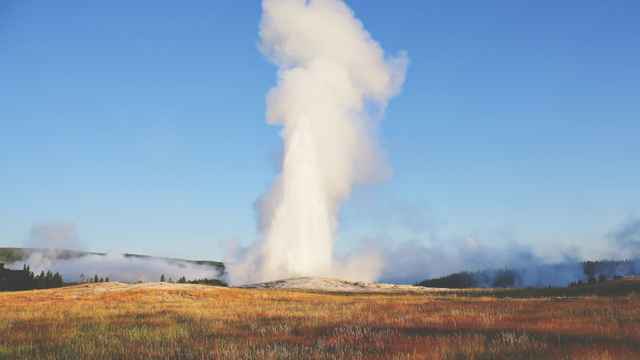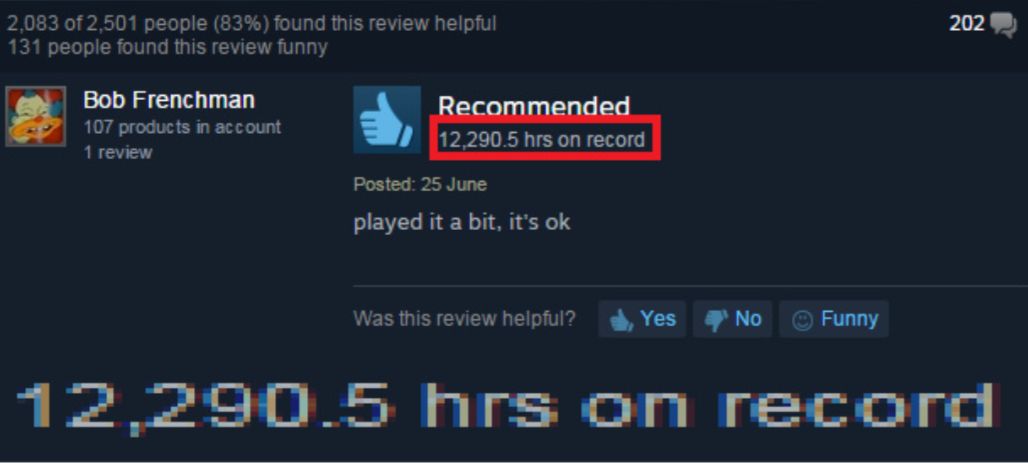
Steam jokes
What do you call someone in a wheelchair during a California fire?
A steamed vegetable.
Why can't a steam locomotive sit down?
Because it has a tender behind.
What do you call a disabled person in a sauna?
Steamed veggies!
I was at a train station and a woman ran up to me and asked, "Is this train running on time?" I said, "No, it runs on steam and coal."
My wife said she wanted steamed vegetables with her steak, so I put her father in the hot tub.
Memes
why the fuck is steam there ????
I was boiling some water and said, "Water, you will be mist!"
When the C.I.A. raided Osama Bin Laden’s house, they found Steam on his computer. This means he was a gamer. He raged a little too hard and went for New York.
Why did the blonde run outside naked?
She thought the steam was a gas leak.
A husband and wife get into a fight. The wife says, "Go blow off some steam. I’ll let you fuck a hooker." So he does that, comes back, and says, "I’m off the hook now!"
Water to his Dad, Steam: Hi, Dad, I mist you!
Steam: double-you(w). aich(h). ay(a). tee(t)?
Q: If an electric train heads south, which way does the steam go?
A: No steam.
For centuries, Japan’s feudal dictators, called Shoguns, enforced strict laws that kept people from leaving or entering the country. This practice isolated Japan from the rest of the world. By the middle of the 19th century, Japan’s isolationism was creating problems for the United States’ whaling industry whose ships needed coal, food, and water available in Japanese ports. And sailors who were shipwrecked on the coast of Japan needed protection from mistreatment.
In November 1852, President Millard Fillmore sent an expedition to Japan to solve these problems. Led by Commodore Matthew C. Perry, the expedition had both steam-powered and sail-powered warships and several hundred men. Perry’s task was to persuade the Japanese to sign a treaty with the United States that would open Japanese ports and protect shipwrecked sailors. On July 8, 1853, the Perry expedition sailed into Edo Bay about thirty miles from the city of Edo (modern Tokyo).
During talks with the Shogun’s representatives, the idea of a treaty was repeatedly rejected. But Perry didn’t give up. Finally, in February 1854, the Japanese agreed to negotiate a treaty. The Treaty of Kanagawa established peace between the two countries, opened two ports to U.S. shipping, and protected shipwrecked sailors. It was signed on March 31, 1854.
Perry’s expedition also opened Japan to the rest of the world. Within two years, Japan signed similar treaties with Russia, Holland, and Britain.
what do you call a bunch of retarded kids in a hot tub?
steamed vegetables.
When I get naked in the shower, it gets turned on.
You know, eBay sucks. I was looking for a lighter, and it gave me 18,906 matches.
The first time riding my bike was a lot like my first time having sex.
It was hot. I was sweaty, but my sister had her hands on my shoulders all the time.
So skinny you have to run around in the shower to get wet.
Memes
Community
Dear Sarah,
Your last comment was 3 days ago. You use your phone about 3-4 hours daily. You have a boyfriend, and possibly are in the field of medicine, although I can't be sure. You're right handed. (By "possibly" in the field of medicine I mean you don't seem to be in it yet, but you may be working towards it.) Ok, so you're definitely not in the field yet and are most likely in high school. You like horror, and y… Read more
Steam trains
I haven't said a word, But you know what I'm thinking Like I know what you're thinking That's why both of us are drinking Can you feel it in the air? Couldn't cut it with a bread knife I'm to blame for both your wet eyes I'm aware, but I'm too scared to fight The fighting is done and nobody's won, So now we're just laying here with steaming empty guns And half of my heart has always been yours, So now I'm just laying… Read more


